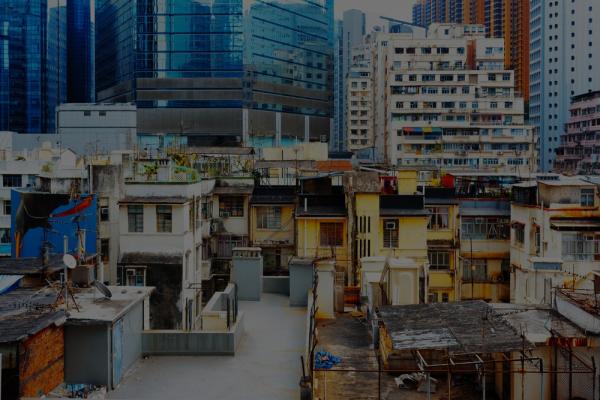Oct 22, 2015
A commitment to interfaith dialogue is important, but not simply for its own sake or to admire each other’s diversity. Interfaith dialogue should be in service of these three goals, especially for the sake of those who are the most vulnerable in our society and around the world — exactly who our faith traditions agree we should be most concerned about.
This will be the true test of a moral global economy. We convene our religions to celebrate diversity. Can we also convene our religions to help end extreme poverty by 2030 — and end shameful poverty in the United States? That would certainly be a goal worthy of a Parliament of World Religions.
Read the Full Article

Already a subscriber? Login
